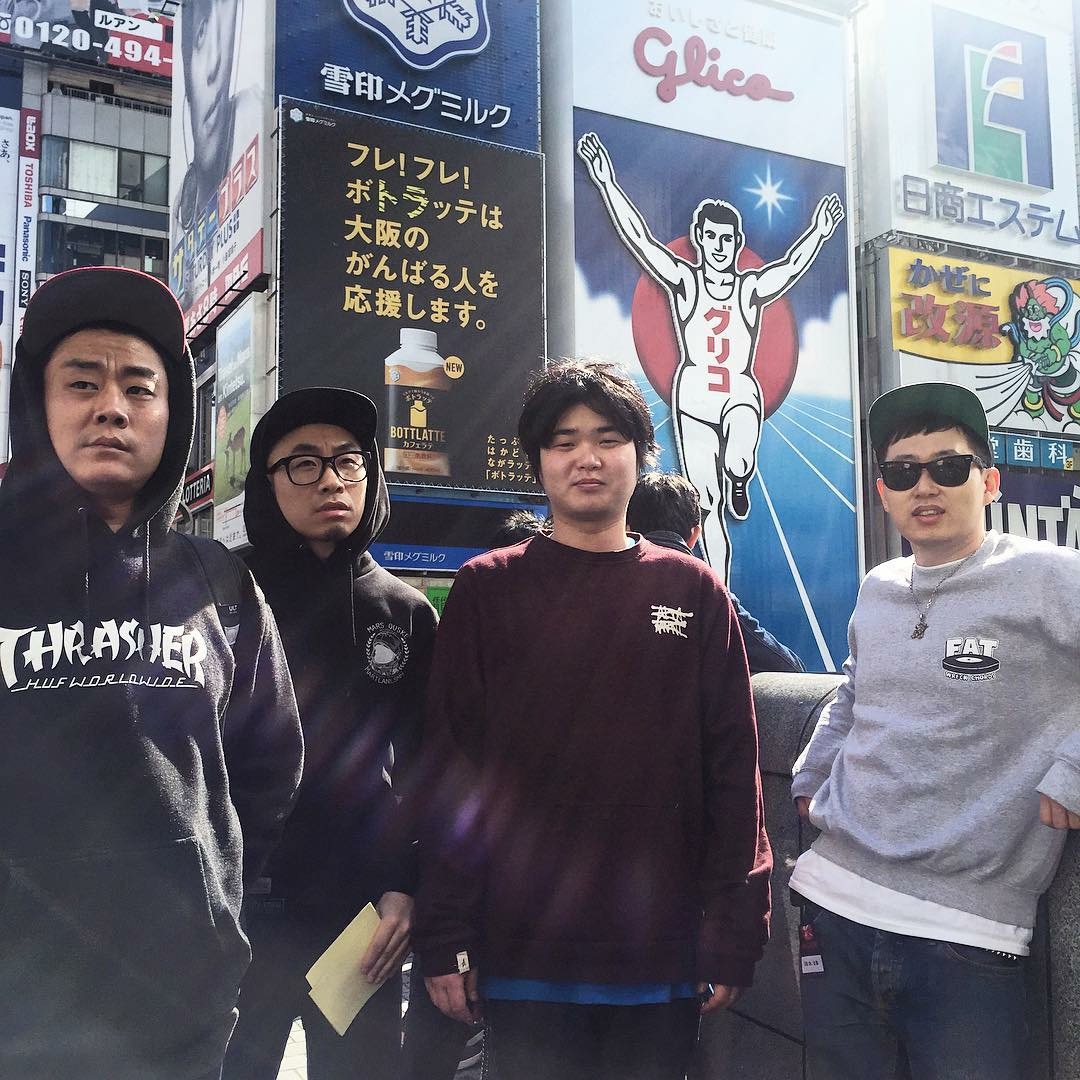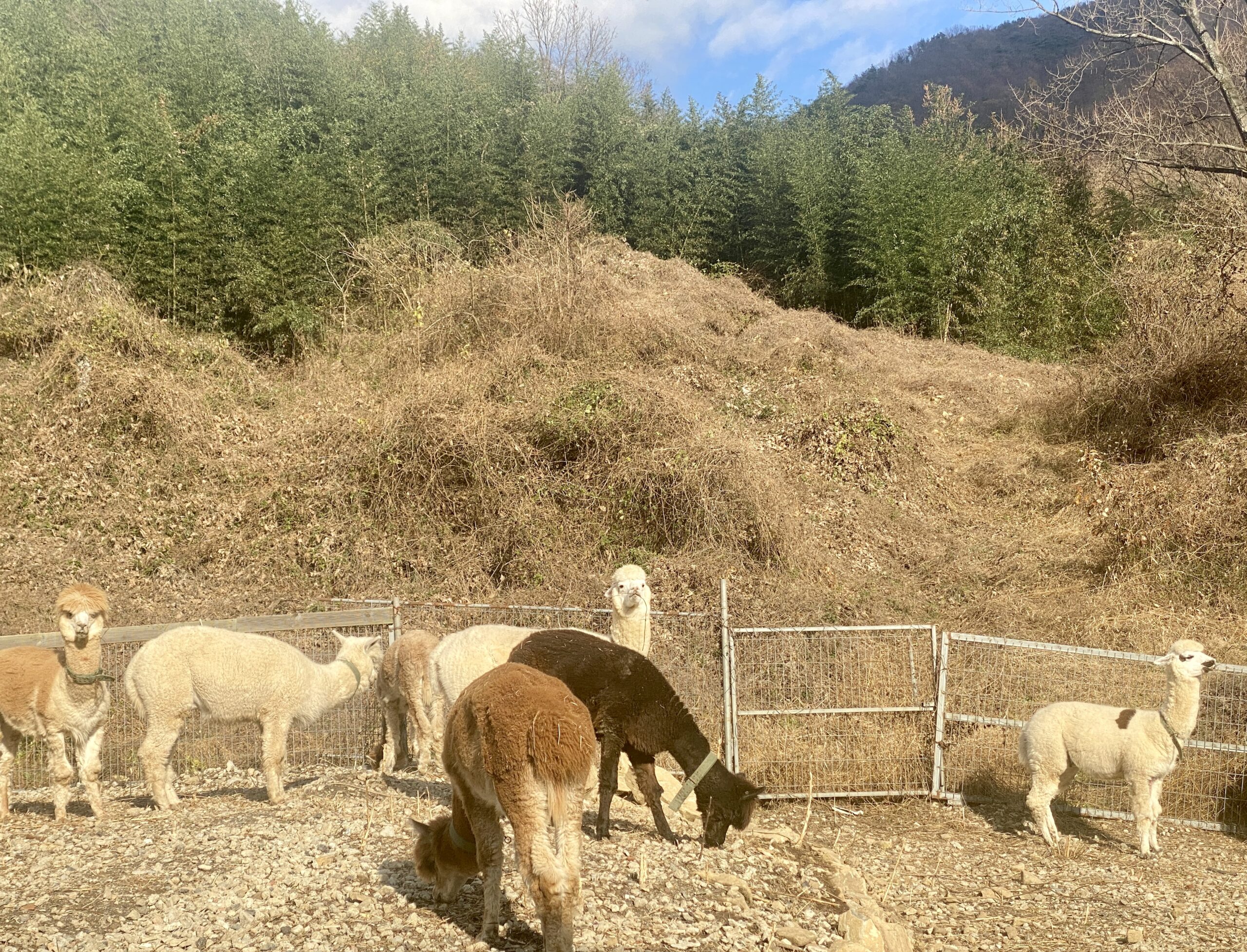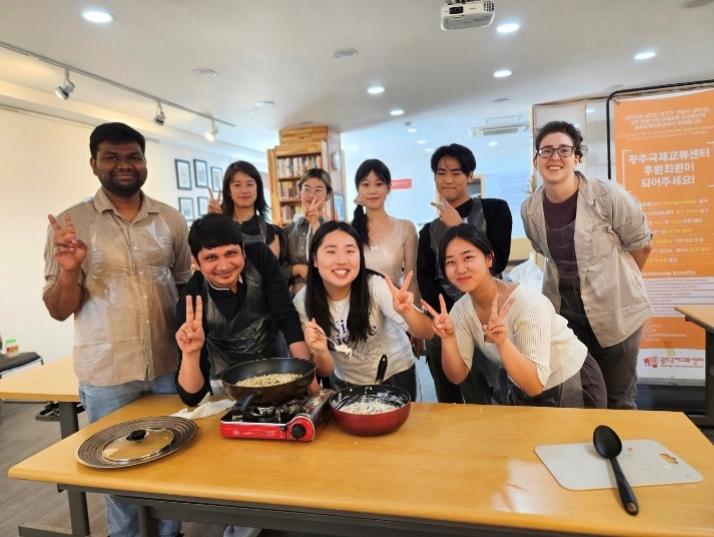Small But Strong:
Gwangju’s Kenyan Community
International migration statistics show that very few Kenyans come to Korea, but as new ties form between the two countries, the Kenyan community in Gwangju is becoming an active, mutually-supportive group.
The distance between Kenya and Korea is a major limiting factor. Three years ago, there were only about 200 Kenyans in Korea, and more than 150 of them were students. In 2012, Korean Air established a direct service route to Nairobi, doubling the number of Korean visitors to Kenya and providing a basis for increased migration and economic and cultural exchange.
Recent years have also seen an upswing in high-level political interactions, including mutual visits by Prime Ministers in 2012. In a 2013 interview, Kenyan Ambassador Ngovi Kitau indicated his hope that the way forward would involve an increase in trade as well as an exchange of information. Kenya’s attention appears to be on Korea’s recovery and development following the devastation of the Korean War. Korea and Kenya were economically similar in 1976, but Korea has since far surpassed Kenya, generating interest in the factors that contributed to this drastic turnaround. In recent years, several Kenyan universities have established Korean studies programs to examine Korean economic policies and culture.
The Kenyan expat community is connected through Kenyan Community in Korea, or KCK. This organization keeps Kenyans informed of the news and development in Kenya as well as relevant Korean news. KCK serves primarily as an information source and common point of contact, while most initiatives are based in local communities.
Julius Wachira, the “elder statesman” of the Gwangju Korean community, was kind enough to provide Gwangju News with some insights into the community. Wachira originally came to Korea for a short conference, returned several years later on trade business, and finally settled in Gwangju as a church missionary. In many ways, he has served as a central point around which the Kenyan community has united.
Currently, there are about ten Kenyans in Gwangju, with most enrolled in universities and a few working with churches or pursuing business interests. Visa restrictions, trade regulation, and sheer distance can make business aspirations difficult, but several members of the community, including Wachira, import and sell Kenyan handicrafts at Korean festivals.
One significant problem confronting Kenyans coming to Korea is the relatively limited visa options. Most Kenyan residents of Gwangju are on D-4 and D-2 visas, which restrict the holders to studying rather than working. Despite the fact that English is one of Kenya’s official languages, Kenyan citizens are ineligible for E-2 teaching visas.
 Of course, visas are not the only difficulty confronting Kenyans in Korea. Adapting to a new culture is especially difficult when coming from a country as multicultural as Kenya, which has over forty ethnic groups and a variety of languages, to a country as ethnically and culturally homogenous as Korea. Wachira noted that Kenyans tend to get stared at, and the food can prove a difficult adjustment. However, for Wachira, the low crime rate in Korea makes it an attractive place to live despite the cultural difficulties.
Of course, visas are not the only difficulty confronting Kenyans in Korea. Adapting to a new culture is especially difficult when coming from a country as multicultural as Kenya, which has over forty ethnic groups and a variety of languages, to a country as ethnically and culturally homogenous as Korea. Wachira noted that Kenyans tend to get stared at, and the food can prove a difficult adjustment. However, for Wachira, the low crime rate in Korea makes it an attractive place to live despite the cultural difficulties.
In spite of, or perhaps because of, these obstacles, community members are well-connected and involved in a variety of programs for mutual support and engagement. Church serves as the central meeting point, with the pastor assisting Kenyans and other Africans with translation and finding their feet in a new country. There are monthly meet-ups, and discussions are underway to implement a communal savings plan to provide financial assistance to members. Kenyans coming to Korea help assuage cravings for traditional foods by bringing Kenyan tea and maize flour to make ugali, a staple component of Kenyan meals.
In addition to running a booth at the last four annual GIC Days, the Kenyan community has participated in the 7080 Festival. Several local orphanages have benefited from the generosity of Gwangju’s Kenyan community in the form of entertainment and gift donations. As a volunteer with the UNESCO Cross-Cultural Awareness Program, Wachira also visits schools in South Jeolla Province, where he shares aspects of his culture and brews up some traditional Kenyan tea, much to the delight of his students. Despite the small number of Kenyans in Gwangju, the community has made its presence felt in meaningful ways.




